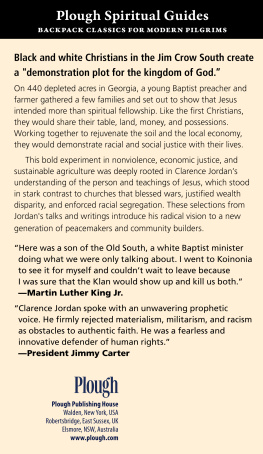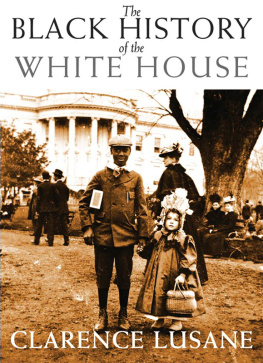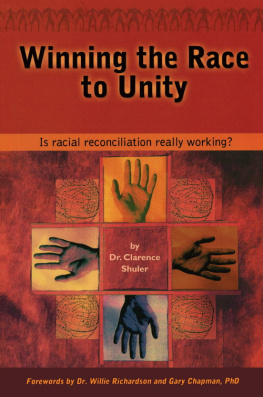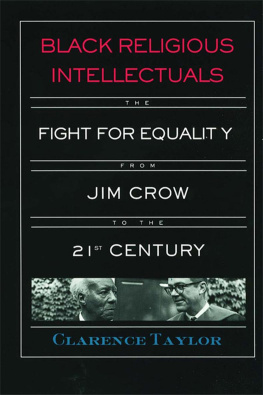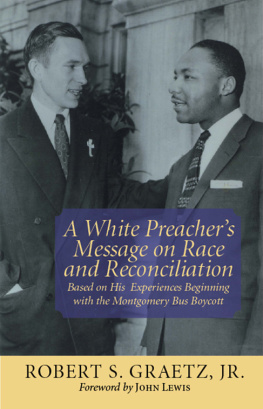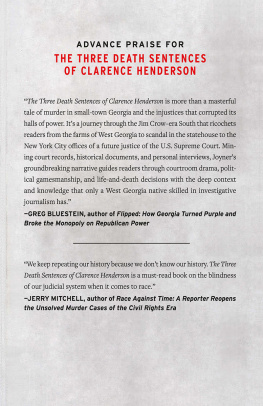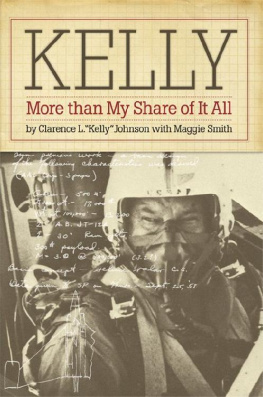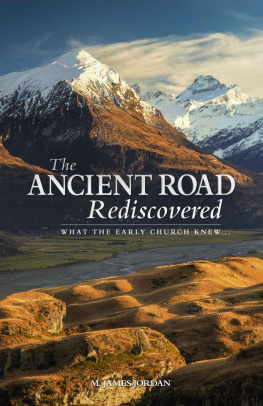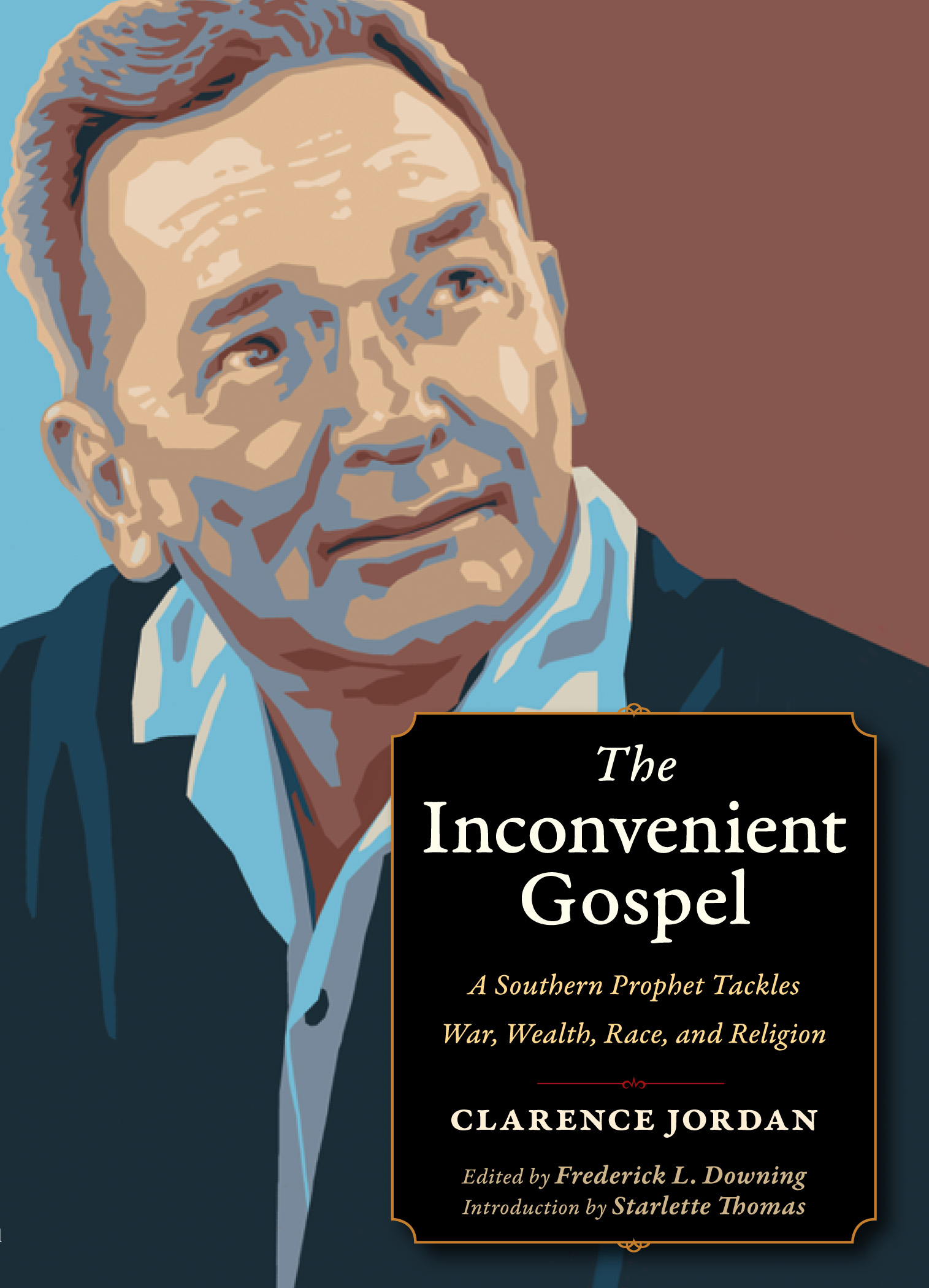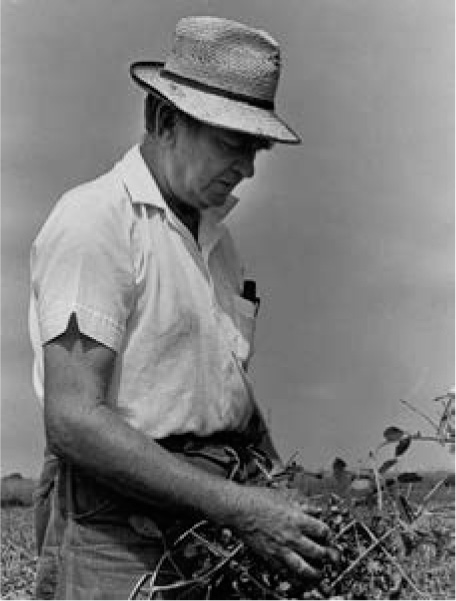Clarence Jordan - The Inconvenient Gospel: A Southern Prophet Tackles War, Wealth, Race, and Religion
Here you can read online Clarence Jordan - The Inconvenient Gospel: A Southern Prophet Tackles War, Wealth, Race, and Religion full text of the book (entire story) in english for free. Download pdf and epub, get meaning, cover and reviews about this ebook. year: 2022, publisher: Plough Publishing House, genre: Religion. Description of the work, (preface) as well as reviews are available. Best literature library LitArk.com created for fans of good reading and offers a wide selection of genres:
Romance novel
Science fiction
Adventure
Detective
Science
History
Home and family
Prose
Art
Politics
Computer
Non-fiction
Religion
Business
Children
Humor
Choose a favorite category and find really read worthwhile books. Enjoy immersion in the world of imagination, feel the emotions of the characters or learn something new for yourself, make an fascinating discovery.
- Book:The Inconvenient Gospel: A Southern Prophet Tackles War, Wealth, Race, and Religion
- Author:
- Publisher:Plough Publishing House
- Genre:
- Year:2022
- Rating:4 / 5
- Favourites:Add to favourites
- Your mark:
The Inconvenient Gospel: A Southern Prophet Tackles War, Wealth, Race, and Religion: summary, description and annotation
We offer to read an annotation, description, summary or preface (depends on what the author of the book "The Inconvenient Gospel: A Southern Prophet Tackles War, Wealth, Race, and Religion" wrote himself). If you haven't found the necessary information about the book — write in the comments, we will try to find it.
Clarence Jordan spoke with an unwavering prophetic voice. He firmly rejected materialism, militarism, and racism as obstacles to authentic faith... He was a fearless and innovative defender of human rights. President Jimmy Carter
On 440 depleted acres in Sumter County, Georgia, a young Baptist preacher and farmer named Clarence Jordan gathered a few families and set out to show that Jesus intended more than spiritual fellowship. Like the first Christians, they would share their land, money, and possessions. Working together to rejuvenate the soil and the local economy, they would demonstrate racial and social justice with their lives.
Black and white community members eating together at the same table scandalized local Christians, drew the ire of the KKK, and led to drive-by shootings, a firebombing, and an economic boycott.
This bold experiment in nonviolence, economic justice, and sustainable agriculture was deeply rooted in Clarence Jordans understanding of the person and teachings of Jesus, which stood in stark contrast to the hypocrisy of churches that blessed wars, justified wealth disparity, and enforced racial segregation. You cant put Christianity into practice, Jordan wrote, You cant make it work. As desperately as it is needed in this poor, broken world, it is not a philosophy of life to be tried. Nor is it a social or ethical ideal which has tantalized humankind with the possibility of attainment. For Christianity is not a system you work it is a Person who works you.
This selection from his talks and writings introduces Clarence Jordans radically biblical vision to a new generation of peacemakers, community builders, and activists.
Clarence Jordan: author's other books
Who wrote The Inconvenient Gospel: A Southern Prophet Tackles War, Wealth, Race, and Religion? Find out the surname, the name of the author of the book and a list of all author's works by series.

